Click the triangle below to hear this blog post read
There is a myth about writers – all artists in fact – that it takes a special personality to do it.
A special visionary with a special set of skills, handed down by God at birth, to distinguish the true writers from all other beasts of burden working in the field. The artist has a special sensitivity, a gift for seeing, an affinity for language that puts him or her in a category above other people, the way saints are elevated in the Catholic Church after curing the blind or allowing kings to pull their body apart on a rack.
Their lives are imbued with passion and meaning, making their existence full of lofty pursuits and the endless praise of angels and voices of the muses constantly whispering in their ears. They are good for the subjects of movies, and, unlike you, garner all of the attention at cocktail parties where you spend your evenings, languishing by the chilled ice of champagne and helplessly shoving tiny shrimp into your mouth, trying to fill your heart like it was an empty glass.
Where the “specialness” myth comes from
To be fair, one of the main reasons for the proliferation of this myth about artists are the writers themselves. Ask any poet where their ideas come from, or what stirs them, or even how to define their art and they will look down at the ground, a glamour of rugged bewilderment crossing their faces, and claim, “I don’t know. It’s anyone’s guess. Art and where it comes from is a mystery.” If they’re well-educated, they’ll make some reference to the Greeks and that old idea about muses and satyrs and turning endangered women into trees.
Who can blame them?
Artists have self-mythologized for centuries now. They don’t get paid a lot. They don’t live in three-story houses, or drive Lamborghini’s or even enjoy decent medical care. So why not compensate with a little self-aggrandizing mythology every once in a while? It gives you something to feel good about, and occasionally, it gets you invited to parties, where people who have become merchants or producers or used Lamborghini salesman will feed you caviar and ask about your latest novel, poem, or recorded conversation with God.
The downside of this mythology is that the merchants, producers, and Lamborghini salesman think that they themselves cannot make art. They swim in their private pools, go to their well-paying jobs and live their quiet lives of caviar-doused despair, all the while wishing God, or the gods, or the muse would speak to them the way it spoke to their frizzy-haired, cardboard-box-dwelling artist friends.
I’ll tell you a secret
The writers, the real writers, do not write poems in order to win prizes, impress editors, or show off our great talent to strangers at cocktail parties. Those are perks of course, and we do appreciate the invitations and accolades when they come. But the truth is, we really write for ourselves. We write because it is pleasurable to make art, to shovel out the barn of our own unconscious, to take time to consider the specific color of a rainbow or the exact weight of an unbearable sorrow. We write poems to praise nature, or accuse our parents of not loving us enough, or just to offer a hand in darkness to others who might be suffering or celebrating in similarly lonely and unspoken ways.
Anyone can do that. Not everybody does. Not everybody knows that it will work out, but you know and I know, and maybe if you teach a class and tell a few more people, a few more people will know and they’ll start writing too.
And to those others who are tired of getting rejection letter after rejection letter and throw up their hands to ask, “Why am I doing this?” and, “Should I give up?” Let me pose another question – “What’s the harm?” Why NOT? What would you gain from giving up?
good and bad reasons not to write
If what you gain is extra time to spend with your family, or follow another hobby where you may excel more, or perhaps fulfill your destiny of traveling to the Amazon jungle to search out the rare plant that may actually cure cancer – then maybe you have a good excuse to throw out the art thing for a while. If all you want is to not face rejection anymore, or sleep in later, or binge watch something on Netflix in your underwear while gorging yourself on popcorn and booze – I vote you keep writing.
As Ted Kooser said in his wonderful book, The Poetry Home Repair Manual, “Writing keeps kids off of drugs and out of gangs.” Also, in the book, How Writing Heals, Louise de Salvo references research that concludes
“Writing as little as fifteen minutes a day, even if you are not a professional, can increase clarity, energy, and general well-being.”
Did you hear that? Even if you never show your work to anyone, the benefits will appear for you, inside your own heart, head and anxiety-addled central nervous system. You’ll get fewer colds, have fewer fights, and have enough energy left over to go for a walk around your neighborhood or rearrange your sock drawer. In other words, we write to offer a hand to ourselves – not to get others to give us applause. It’s the literary agents whose job it is to make sure we get the accolades we deserve. It’s our job to do the digging, and to reap the often unsung, but much bigger rewards.
One of the main things that the practice of writing poetry can do is help us look more deeply at an object, a person, a place, a love-interest and ourselves to find what is authentic, specific, and unique.
THE FIRST STEP IN WRITING MORE AUTHENTICALLY IS NOT NECESSARILY ABOUT BEING CLEVERER, OR SHOWING OFF MORE. IT IS ABOUT PROBING JUST AN INCH OR TWO DEEPER. BECOMING ONE DEGREE MORE AWARE OF YOUR SURROUNDINGS, LIKE A MONK OR A PAINTER.
Taking a minute to say more precisely what you mean. The way you look at the world, when you do this, will be different for everyone. What you notice will be different, how you describe it, how you react to it, will start to reveal your authentic voice.
Writing may be solitary, but being a writer means making friends with other artists, learning from one another, and trading tips, recommendations and skills.
IF YOU WANT TO LEARN HOW TO WRITE AUTHENTICALLY SIGN UP BELOW FOR OUR FREE 3-PART ECOURSE, HOW TO WRITE AUTHENTICALLY.
-
IN THIS SHORT COURSE I’LL SHARE WITH YOU 3 DIFFERENT POEMS AND SHOW YOU HOW EACH OF THEIR AUTHORS TOOK A CLICHE SUBJECT AND USED IT TO FIND THEIR OWN, AUTHENTIC ATTITUDE AND VOICE.
-
I’LL ALSO SHARE WITH YOU 3 EXERCISES THAT WILL HELP YOU START WRITING, KEEP WRITING, AND TRANSFORM YOUR WRITING TO BE AUTHENTIC.
-
YOU CAN SIGN UP FOR THIS FREE E-COURSE USING THE FORM BELOW. IF YOU WANT TO ASK ME ANY QUESTIONS, OR EVEN SHARE WITH ME WHAT YOU WROTE, EMAIL ME AT TRESHA@THEPOETRYSALON.COM.
Pin us on Pinterest! 🙂
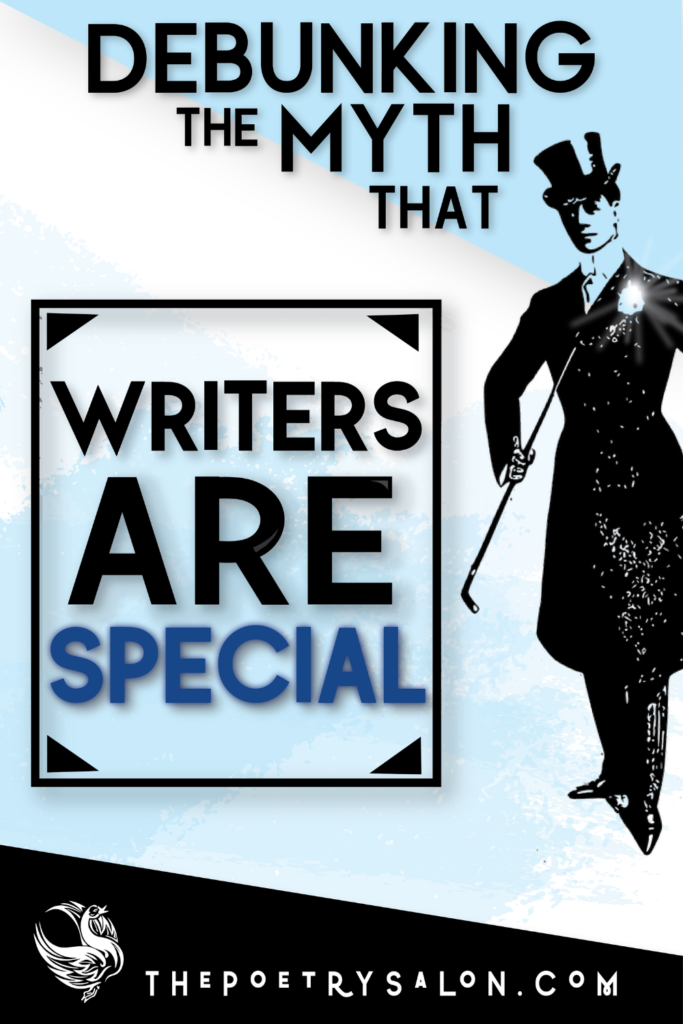

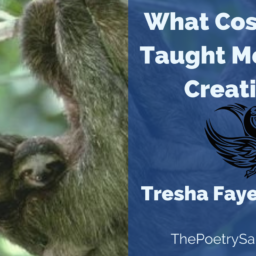

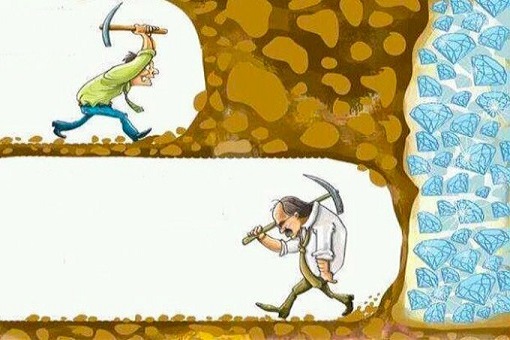
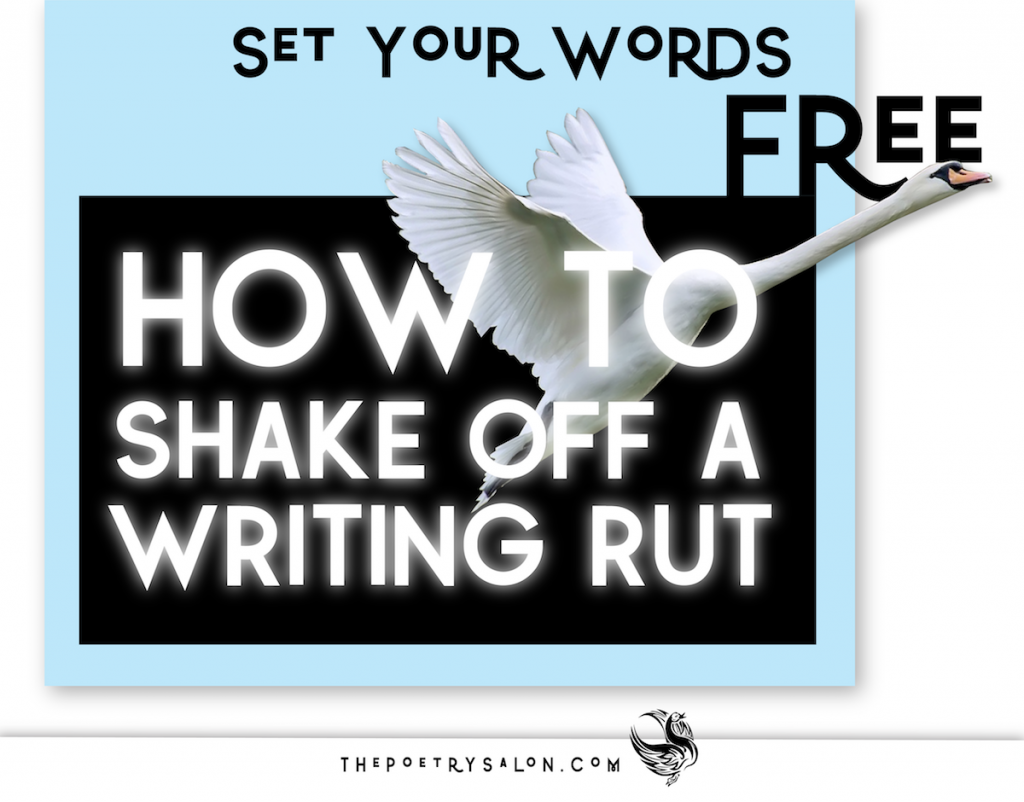
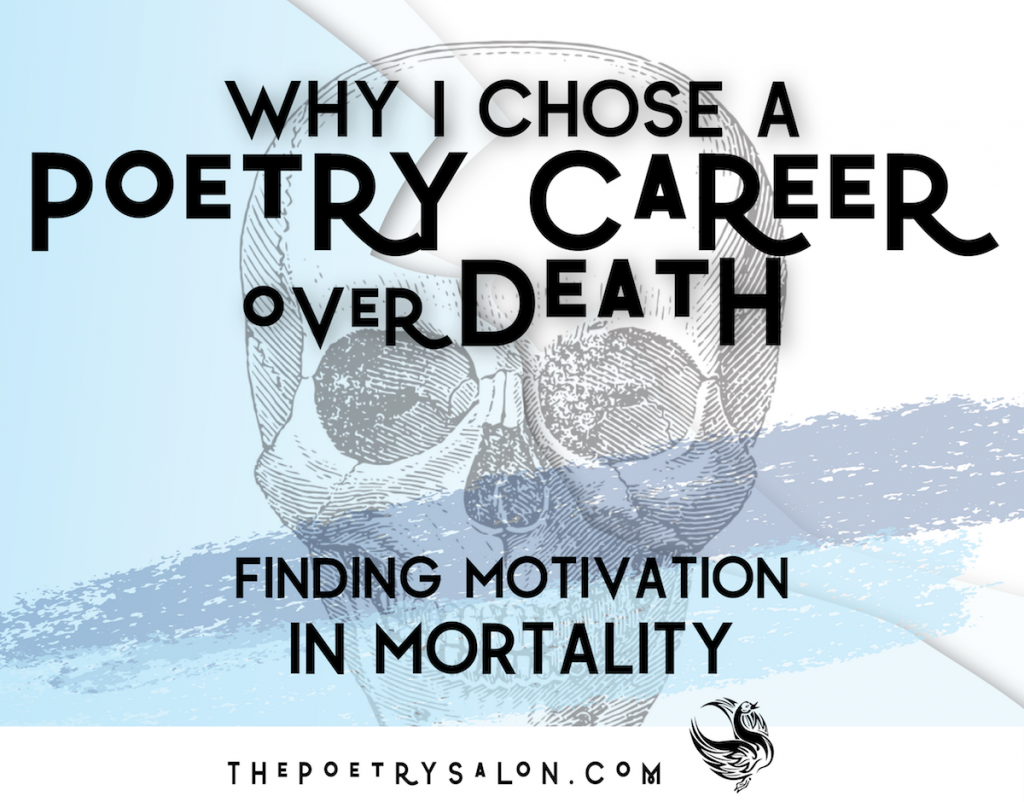
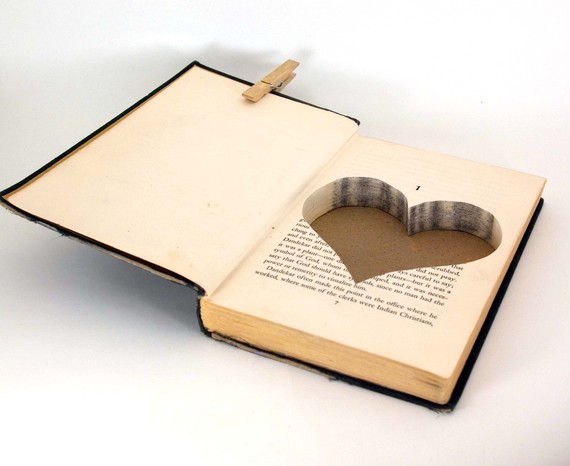
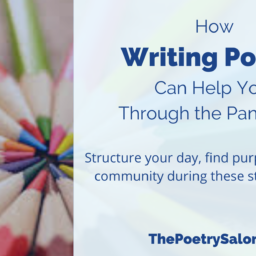
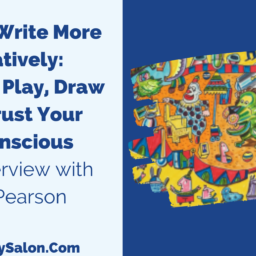
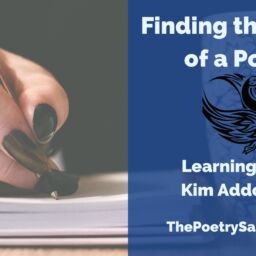
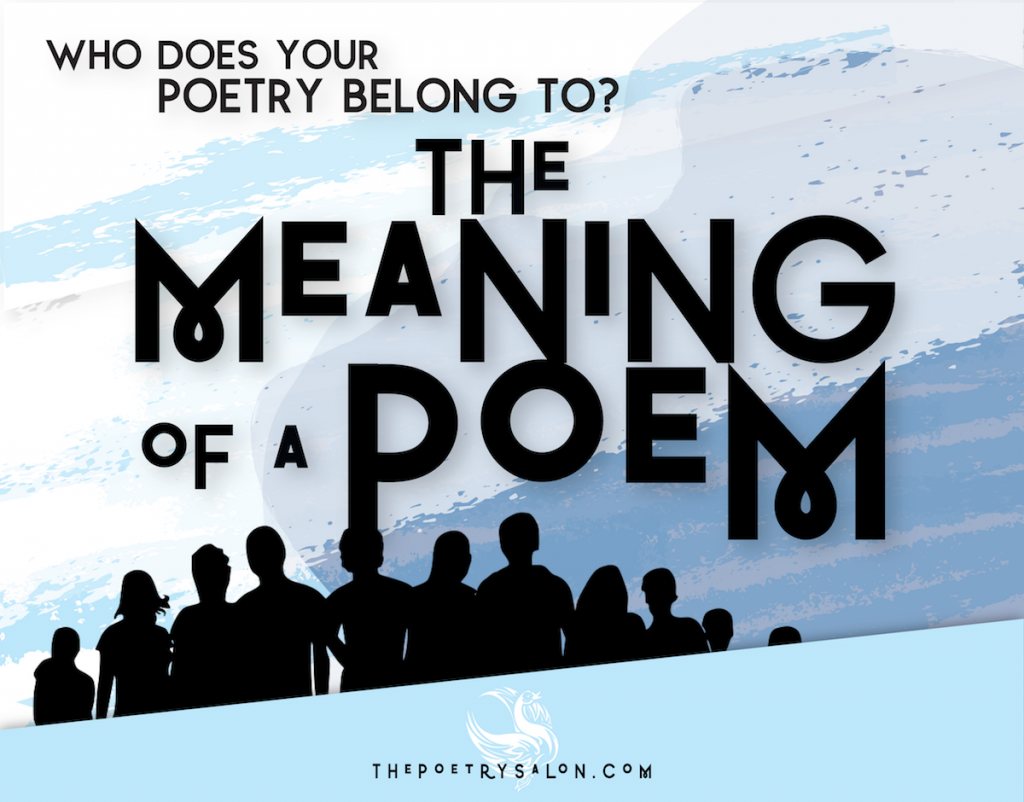
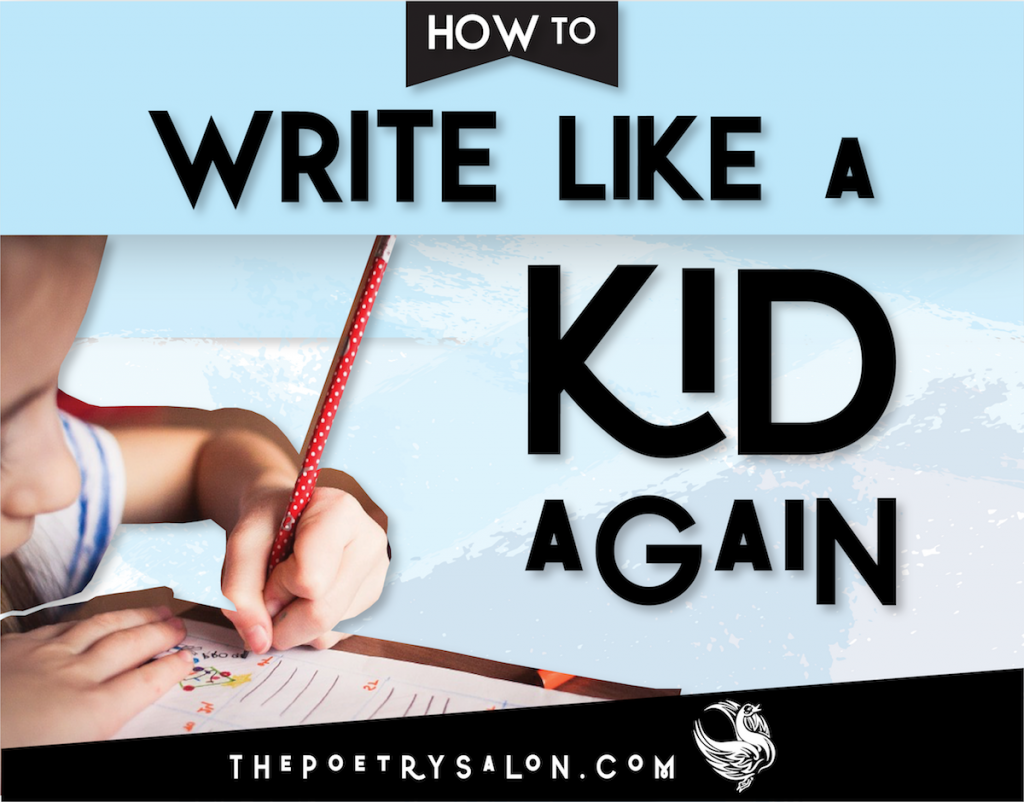
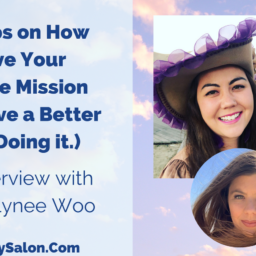

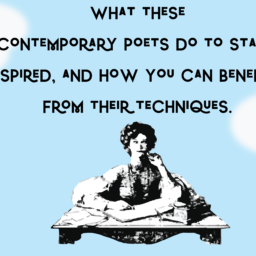
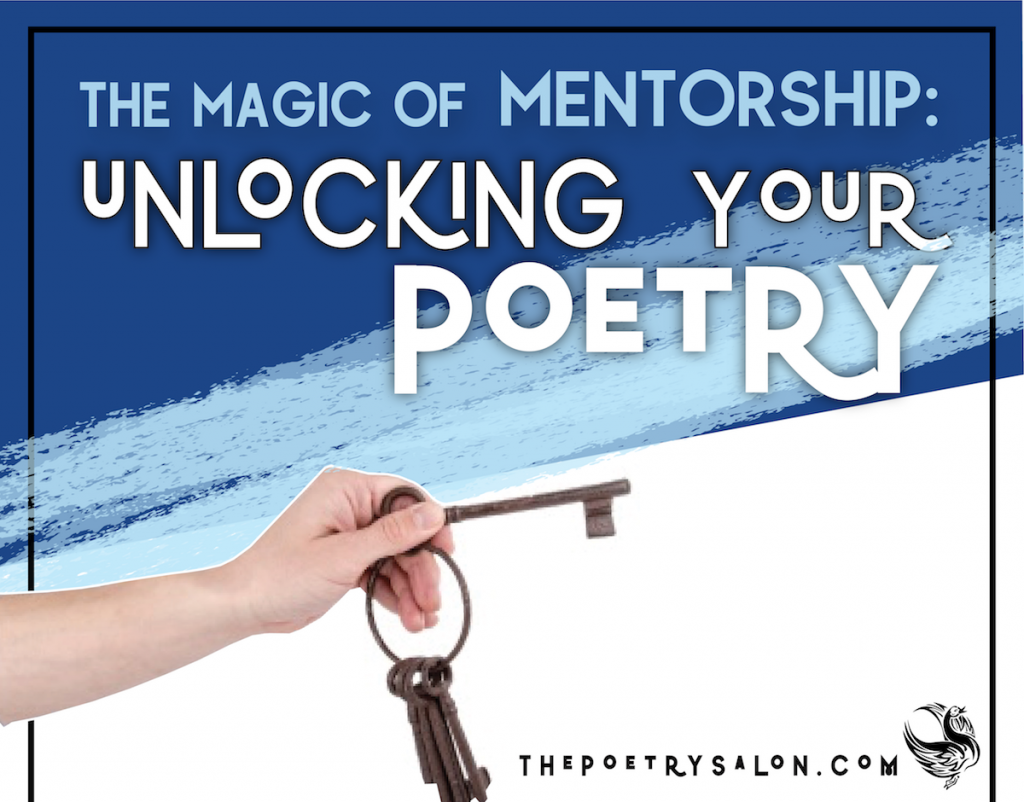
Boy that was perfect! Great energy and a vision for mere mortals too! I felt like I was sailing in my wee cork craft taking each twist and swell. The commitment is all. Thanks!